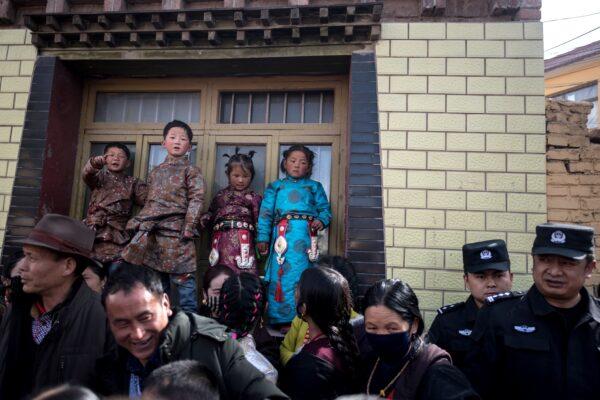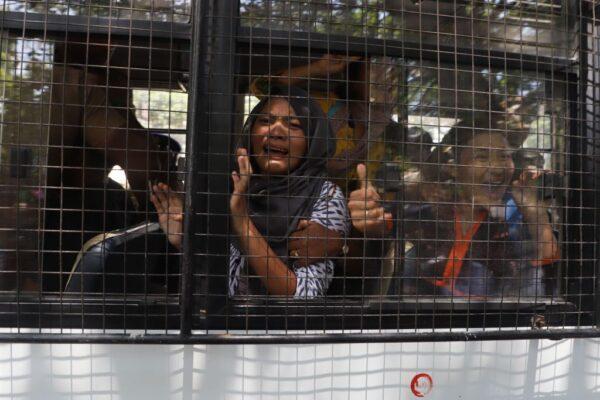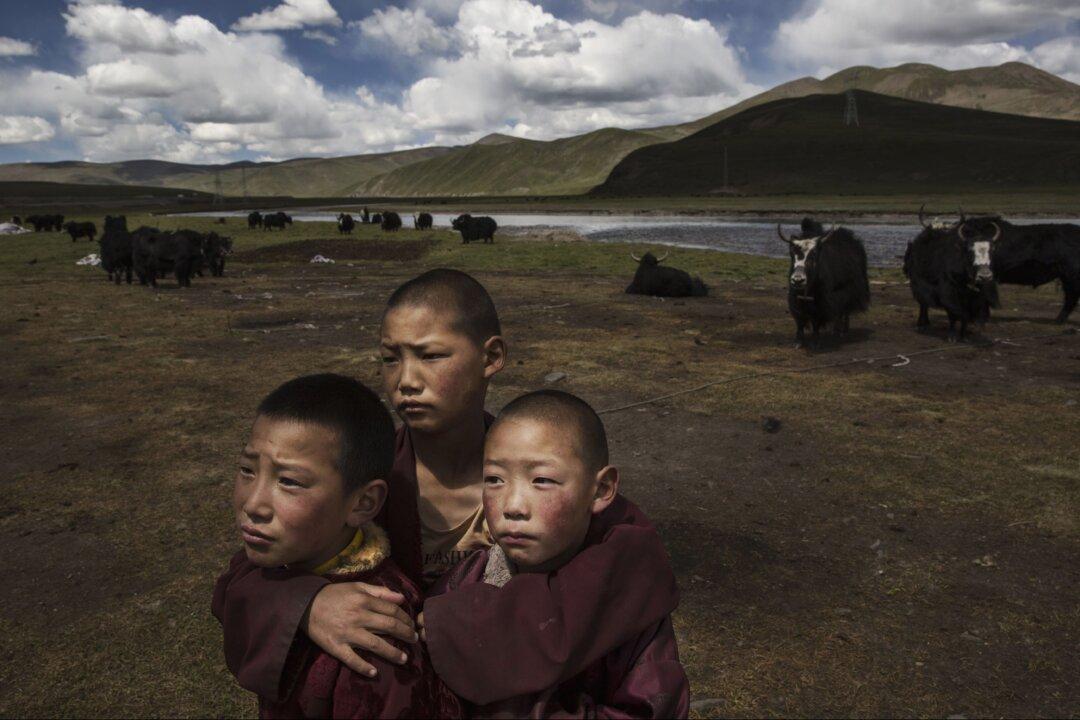The report identified mass DNA collection drives, with no consent required, in 14 distinct localities in all seven prefectures or municipalities in Tibet.
As one of the communist official documents claimed, mass collection is necessary “for the public security organs to detect various illegal cases, and to effectively crack down on illegal and criminal elements,” according to Human Rights Watch.
Database Infrastructure
Human Rights Watch stated that such collection is selective in other parts of China but widespread in Tibet and Xinjiang, showing the regime’s intrusive policing to specifically target the populations of these two areas.This program of mass DNA data collection, with the aim of building comprehensive social control, “violates Chinese domestic law and global human rights norms,” the report said.

It was also said that numerous biotechnology companies are assisting the Chinese police in building this database and may find themselves complicit in these violations. “They include multinational companies such as U.S.-based Thermo Fisher Scientific and major Chinese companies like AGCU Scientific and Microread Genetics.
Surveillance at the Grassroots
Human Rights Watch reported that DNA collection in villages is part of China’s policing campaign in the region emphasizing the “three greats” in an effort to “strengthen the grass-roots social governance system.”The three greats—inspection, investigation, and mediation—require police to visit each household, question residents about their views, carry out an investigation, and conduct dispute mediation.

Children’s Privacy
Human Rights Watch stated the collection of DNA from children was done without their or their caregivers’ informed, meaningful, and freely given consent, and extracted in educational settings where they could not opt out or refuse to provide their personal health data.“The use for this data—crime detection—does not appear to constitute a legitimate, proportionate purpose that serves the child’s best interest,” Human Rights Watch argued.
Several reports indicate that children as young as five have been included in some of the DNA collection drives. Photographs in a report from Qingzheng township in Golok in April 2021 show DNA being taken by police from boys in the first year of primary school.
Human Rights Watch warned: “The collection, processing, and use of genetic information poses heightened risks to children’s privacy. DNA holds highly sensitive information that would uniquely and permanently identify a child, their family members, and inherited medical conditions that could lead to disabilities and major health problems.”




